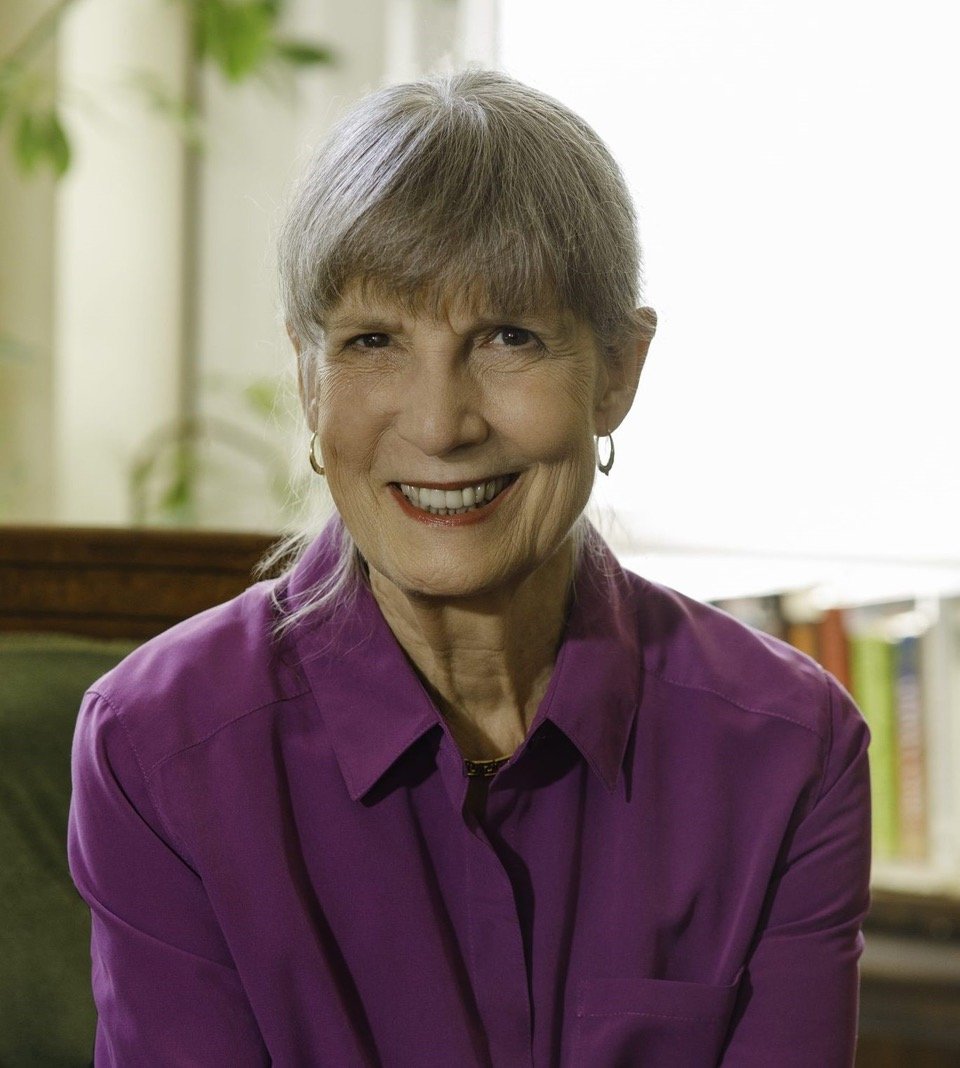Licensed Mental Health Professional 250
Pre-Licensed/Student 175
Your receipt is the confirmation of attendance.
If you have signed up via Zoom, you will receive a link the week of the event. If you purchased an in-person ticket, you will check in at the front desk upon arrival.
Lunch will be provided.
Program
Join us on Saturday, January 27 for a clinical workshop with Nancy McWilliams. Best known for her work formulating a psycho-dynamic approach to diagnosis, Dr. McWilliams will focus in particular on the clinical implications and importance of diagnostic assessment and case formulation. In her morning presentation, she will describe the dimensional aspect of diagnostic thinking in psychoanalysis, including the idea that personality can be organized at healthy, neurotic, borderline, or psychotic levels, with an emphasis on what the clinical implications would be of understanding a person as structured at one level or another.
She will argue that attempts to understand personality in terms of traits has been problematic (even in the DSM Alternative Personality Disorder Section, which is dimensional but limited by its trait focus), and argue instead for the value of understanding personality in terms of internal conflicts and repetitive object-relational themes. She will offer numerous clinical examples drawn from her own work with patients. In the afternoon, she will pivot to her more recent work on psychoanalytic supervision, and will model her supervisory process in response to a case presentation by recent LAISPS graduate Victoria Curea. Finally, following a brief break, she will conclude with an in-depth presentation of a particularly challenging patient of her own, underscoring the role of diagnostics and case formulation in terms of personality structure and relational dynamics rather than personality traits.
Instructor Bio
Nancy McWilliams is Visiting Professor Emerita at Rutgers University’s Graduate School of Applied & Professional Psychology and practices in Lambertville, New Jersey.
She is author of Psychoanalytic Diagnosis (1994, rev. ed. 2011), Psychoanalytic Case Formulation (1999), Psychoanalytic Psychotherapy (2004) and Psychoanalytic Supervision (2021) and is associate editor of both editions of the Psychodynamic Diagnostic Manual (2006, 2017).
A former president of Division 39 (Psychoanalysis) of the American Psychological Association, she has been featured in three APA videos of master clinicians. She is on the Board of Trustees of the Austen Riggs Center in Stockbridge, MA. Her books are available in 20 languages, and she has taught in 30 countries.
Program Committee
Thomas P. Helscher, Ph.D., Chair
Lisa B. Crilley, M.F.T., Co-Chair
Committee Members
Scott Shapiro, Psy.D.
Sandra Wilder-Padilla, Ph.D.
Rachel Katz
Keith Bernstein
Simone Kiboudi, LPC
Lauren O’Connell, LMFT
Educational objectives
Upon completion of this activity participants should be able to:
1) Explain the limitations of relying on symptoms to diagnose and treat patients.
2) Utilize case formulations based on an understanding of internal conflict and repetitive object- relational themes.
3)Apply the understanding of personality structure to the supervisory process.
4) Differentiate the understanding of personality structure underlying healthy, neurotic, borderline, and psychotic levels of functioning.
5) Utilizes the idiographic model demonstrated by Dr. McWilliams to strengthen an “evidence based perspective” in one’s own practice.
Virtual Meeting Services
This program will be presented via Zoom Video Conferencing. The Zoom login ID will be provided no later than the night before the program is scheduled. Please make sure to provide LAISPS with the email address you want your login information sent to.
Target Audience
This program meets the needs of all mental health professionals, including Psychiatric Nurses, Psychologists, Social Workers, and Marriage and Family Therapists.
CE Credit Information
Important Disclosure: All planners, faculty, staff and others involved with this activity have reported no relevant financial relationships with ineligible companies whose primary business is producing, marketing, selling, re-selling, or distributing healthcare products used by or on patients.
This activity has not received commercial support.
Accreditation Statements
Psychologists: LAISPS is approved by the American Psychological Association to sponsor continuing education for psychologists. LAISPS maintains responsibility for this program and its content.
Board of Behavioral Sciences: The California Board of Behavioral Sciences accepts courses approved by the APA for Continuing Education for LCSW, LMFT, LPCC and LEP licenses.
To Earn Credit: Participants must complete an online evaluation within two weeks of completing each session of this CE activity in order to receive credit.
Attention Psychologists: Psychologists can earn a maximum of 6 CE credits for this program. Partial credit may not be awarded, based on APA guidelines
Refunds/Cancellations: Refunds, less a $10 administrative fee, will be made if cancellation notification is phoned or postmarked three (3) business days in advance of this program. There will be no refunds on requests received after the refund deadline. Full refunds are made in the event that LAISPS must cancel this program.
Returned Checks: A $35.00 service charge will be assessed for checks returned by the bank.
Confidentiality: By registering for this educational event, attendees agree to strictly maintain confidentiality of any clinical material shared and will not distribute or convey such confidential material outside of the conference.

